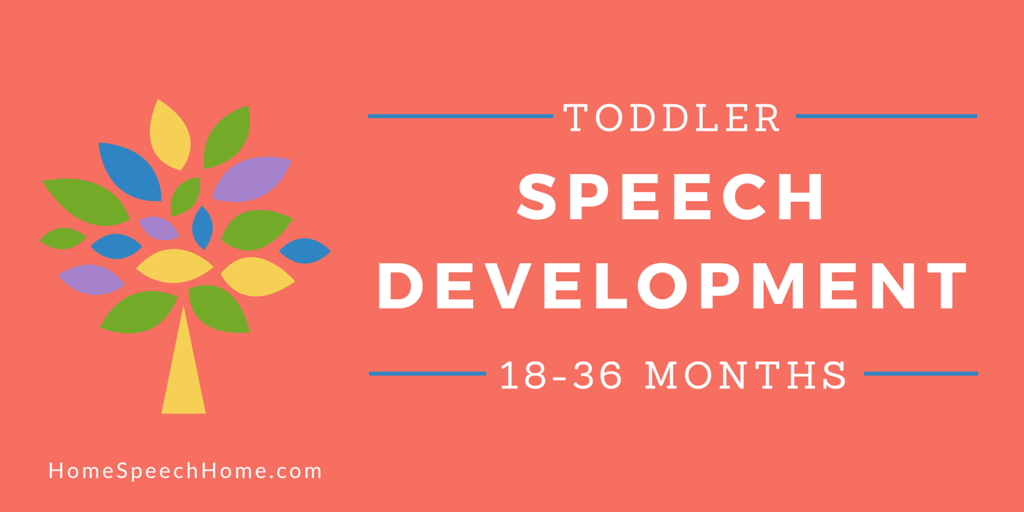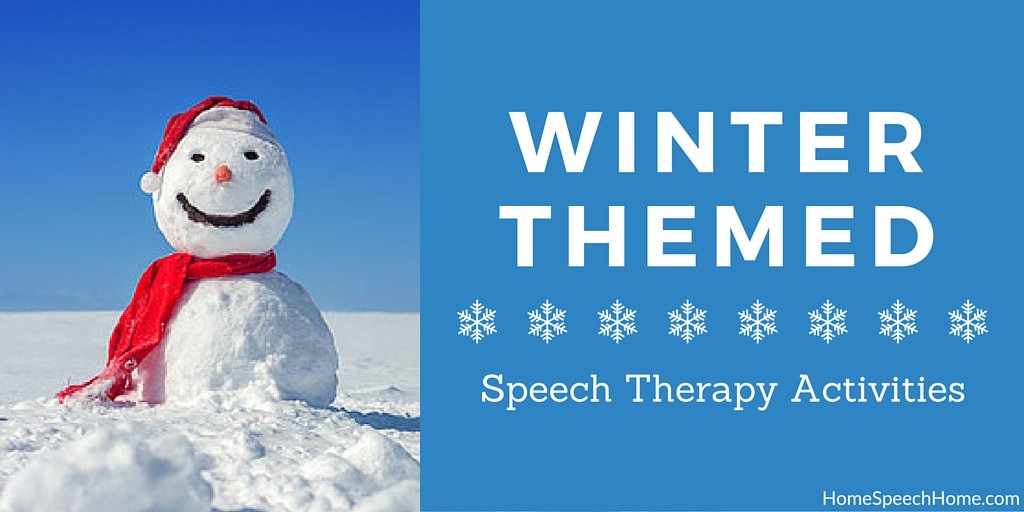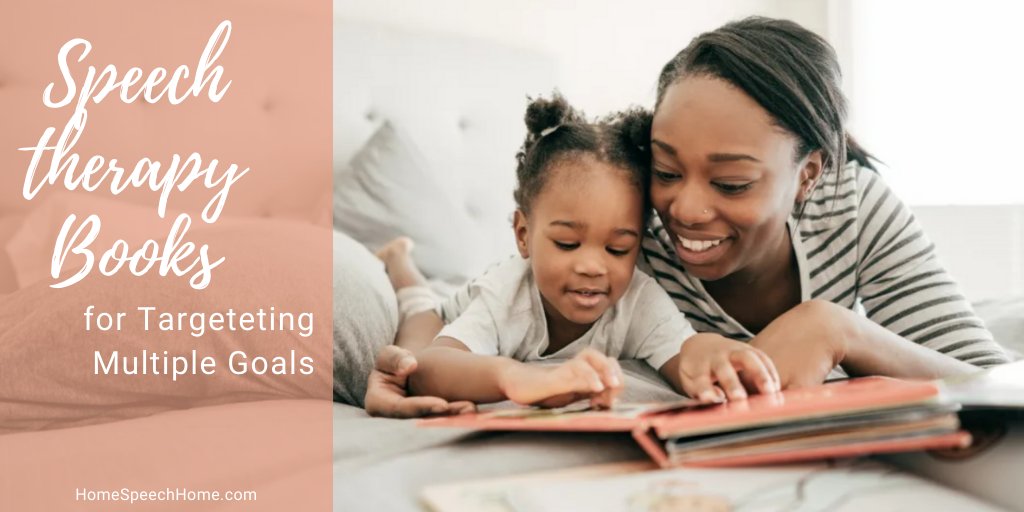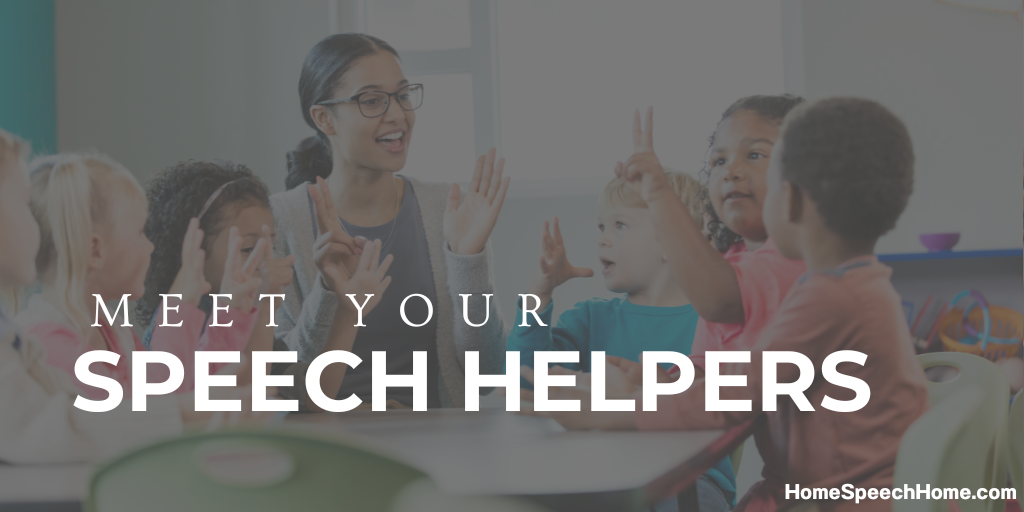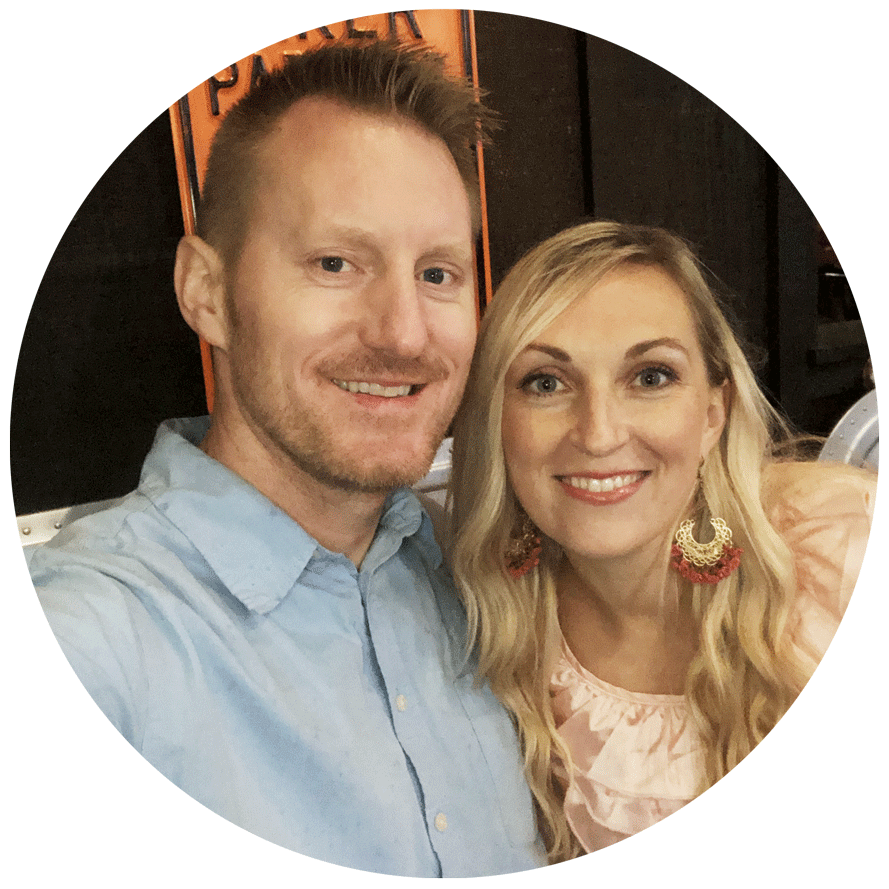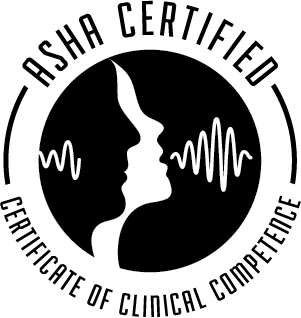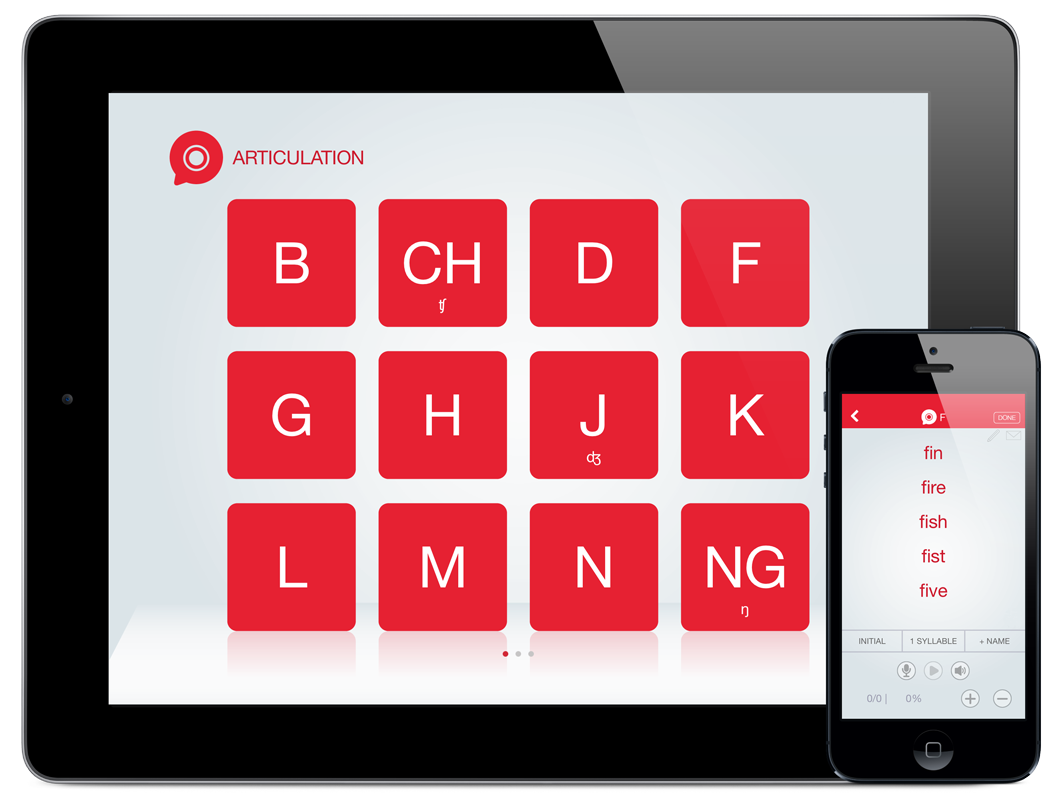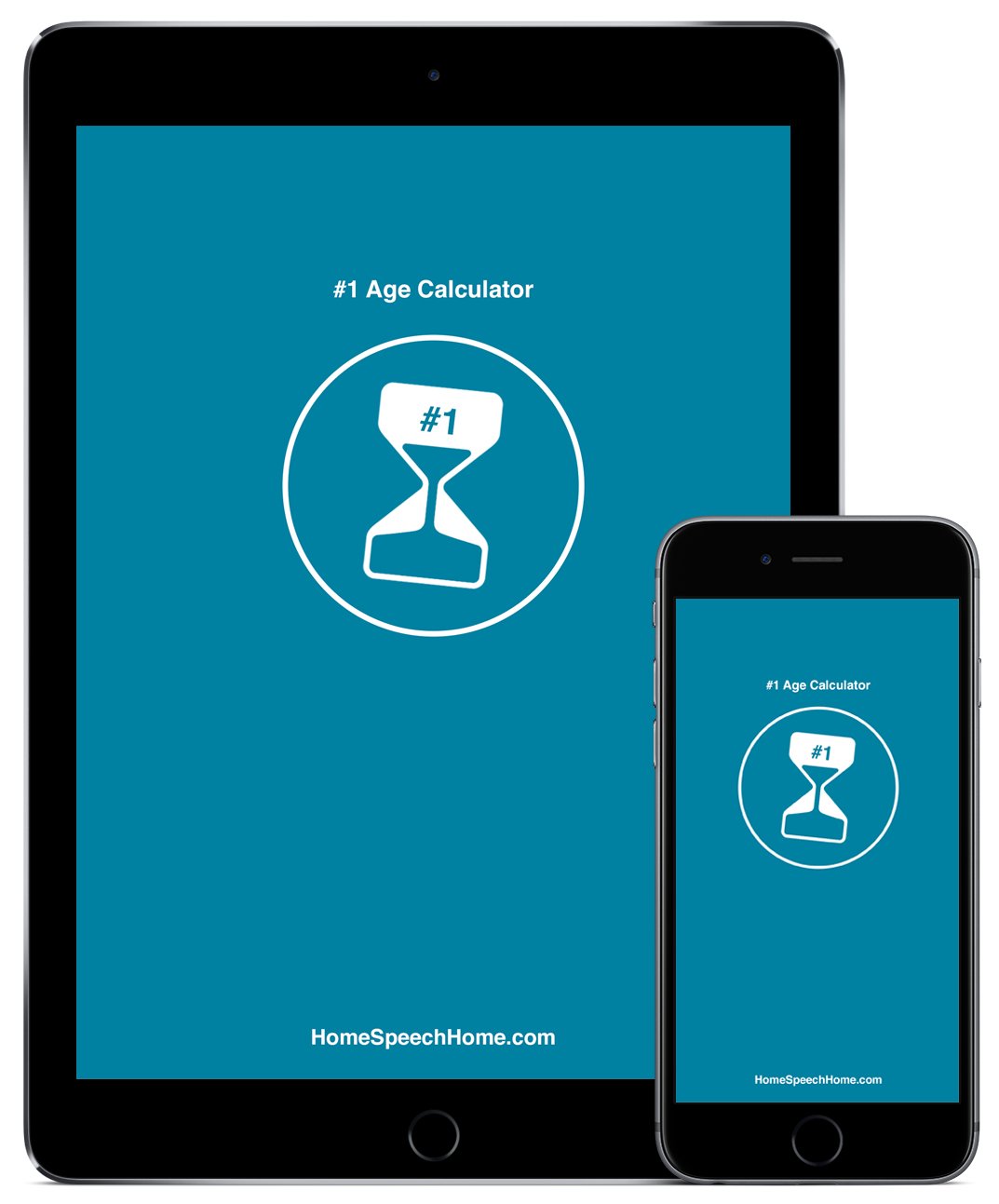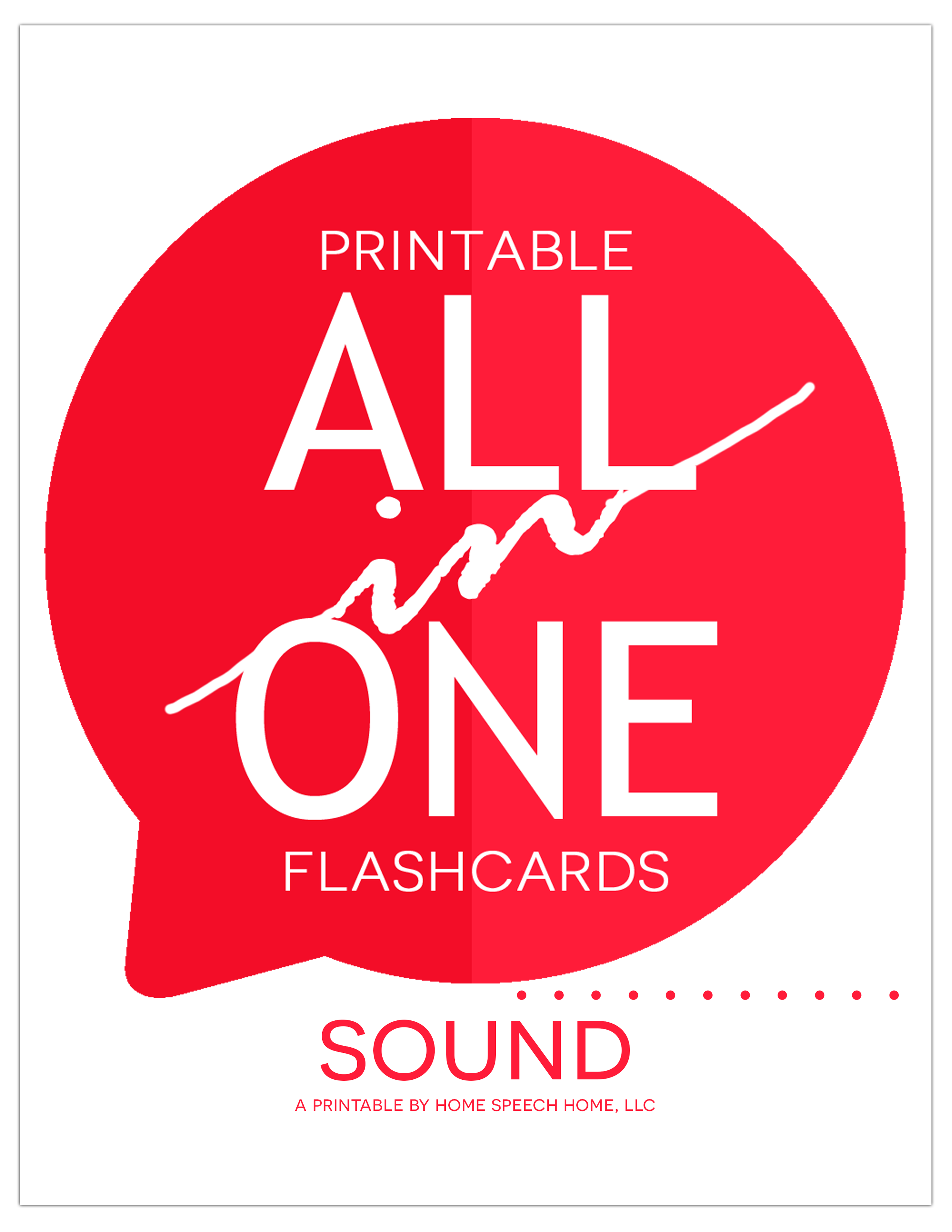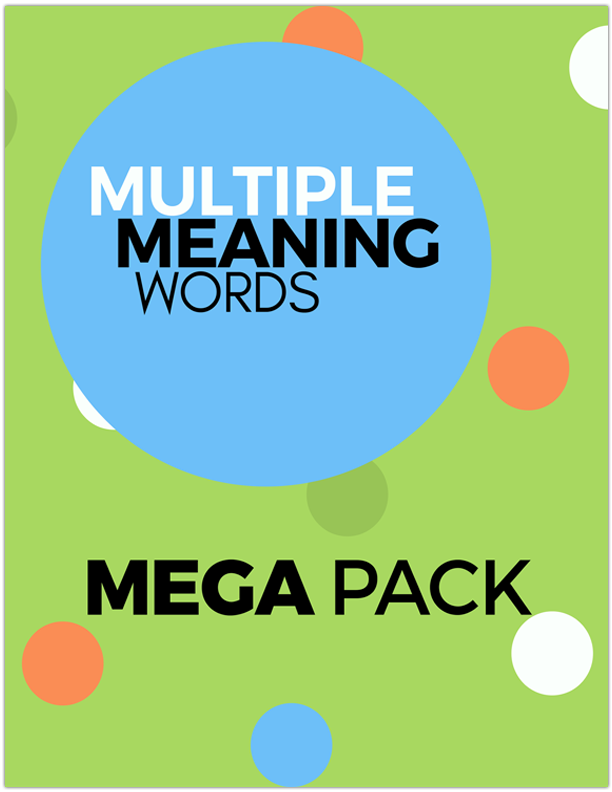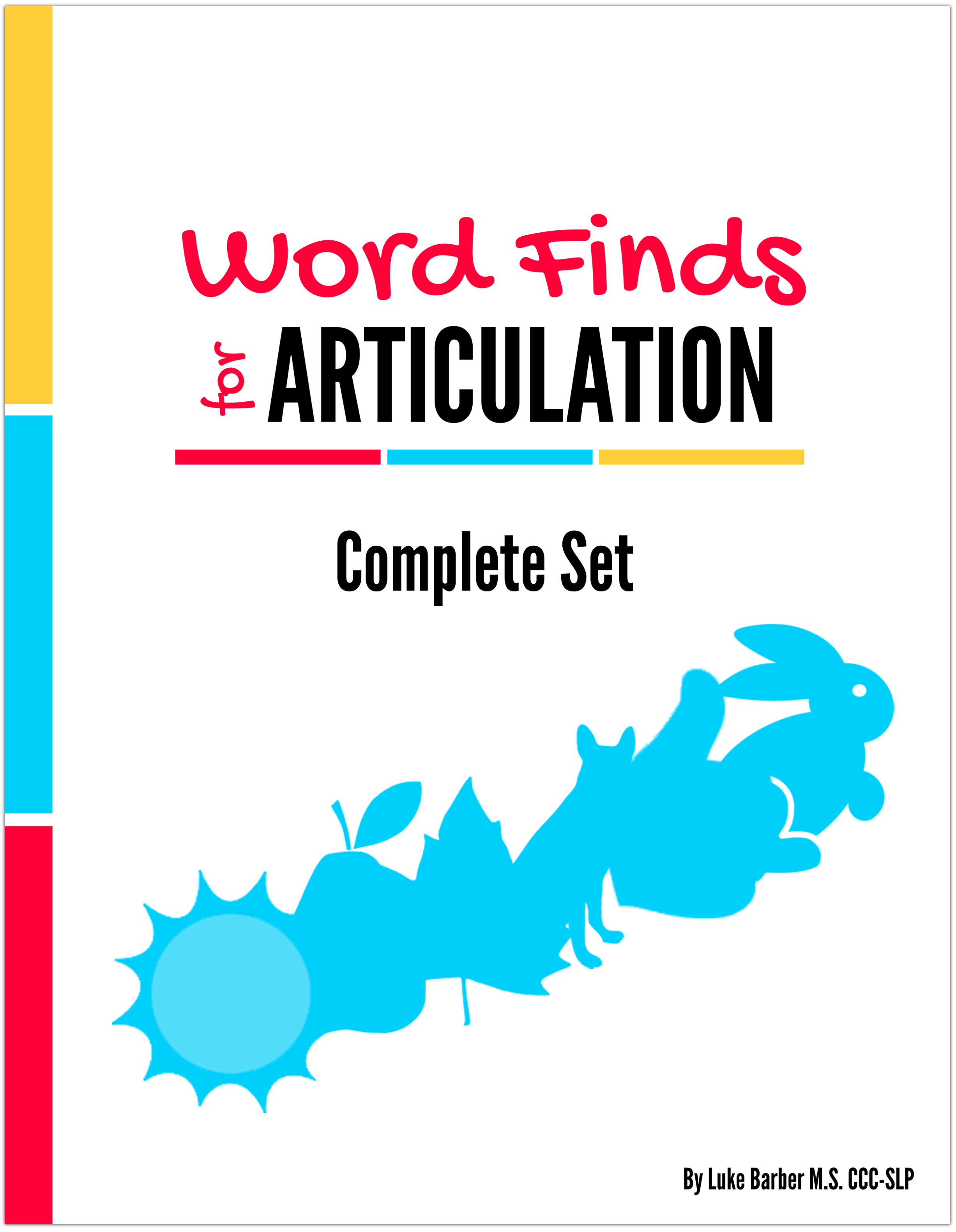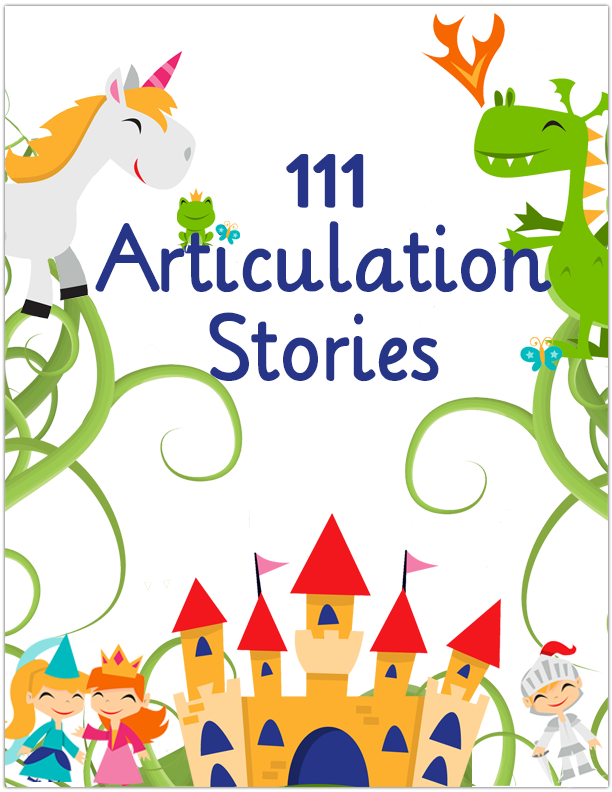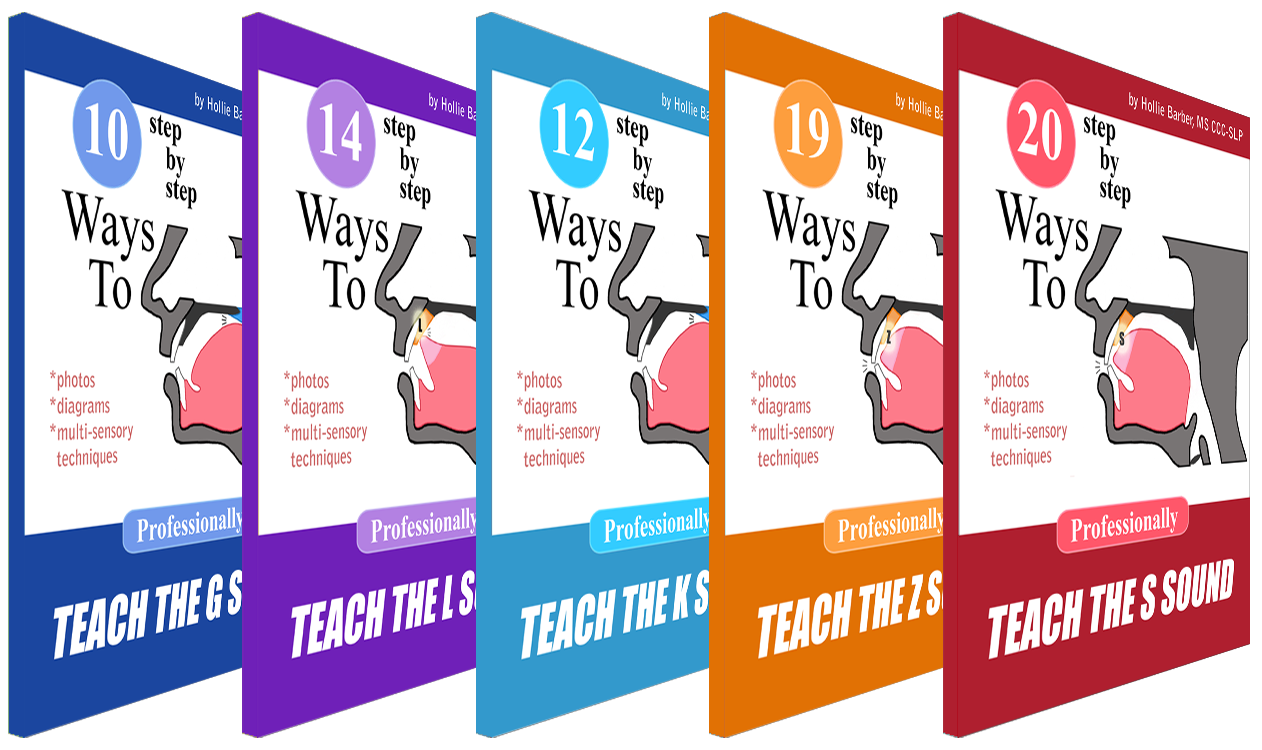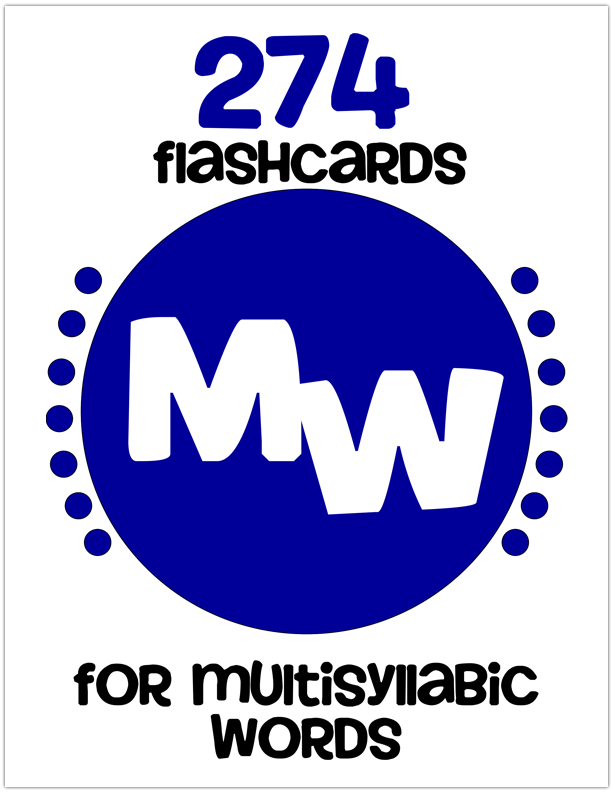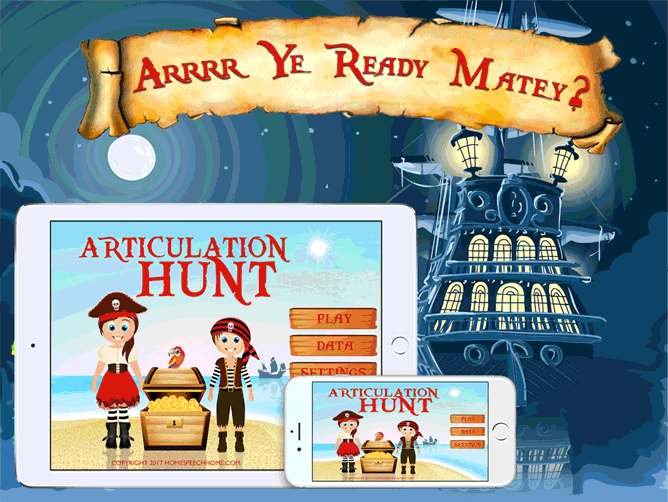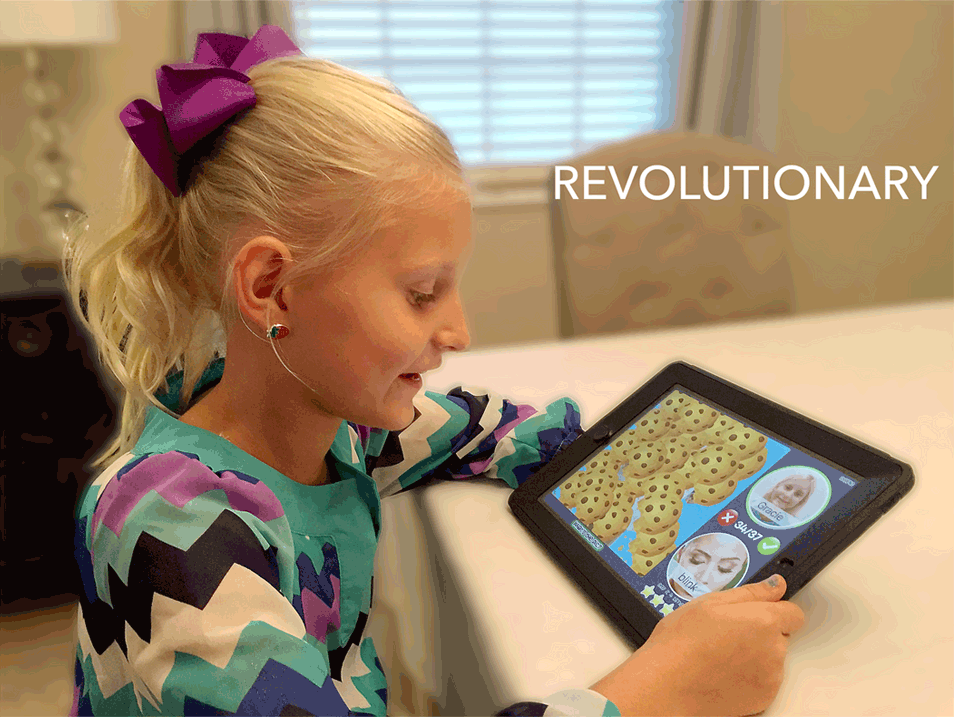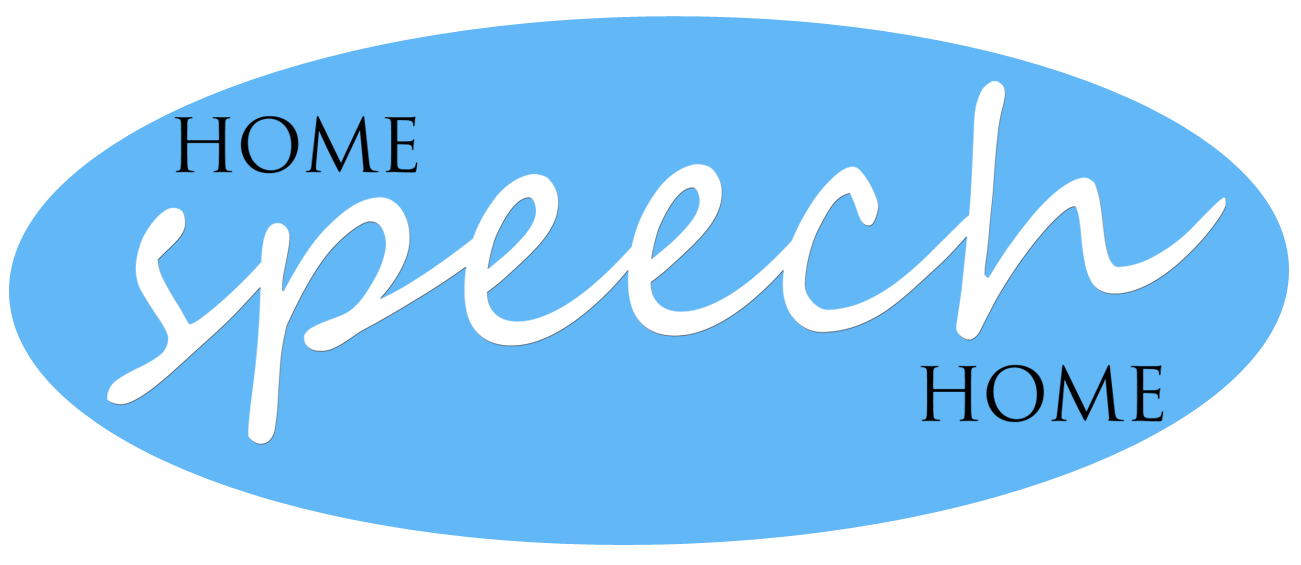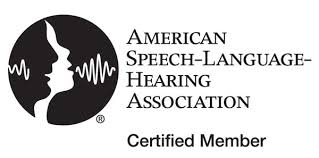Toddler Speech Development:
What to Expect
Toddler speech development: Your child uses speech and language that will continue to surprise you everyday.
At this age your child has learned a T-O-N of words and phrases from you...
...now they will say more.
SEE ALSO: Crush Therapy Goals with the All in One Printable Flashcards
When my daughter was 21 months old my wife and I couldn't believe how much she started picking up from us.
One day my daughter and I went to get the mail. After we had picked up the mail.
She turned around, held up her arms, and pointed to the left and right sides of the street.
She then shook her head left and right (like she was saying "no") and said...
..."no ca-s" (no cars).
I had been trying to teach her to "Look both ways" for cars for 2-3 months, and then she said it completely on her own. It was one of my proudest moments as a dad.
Of all the stages of speech development this one is my favorite. Notice that some of them can happen after 30 months too.
18 Months (1.5 Years)
Speech
- Same consonants used in early babbling
- Most words have just a consonant + vowel = ba, da, ma, go, boo
- Words selected or avoided based on favorite sounds
- Echolalia begins, disappears by 30 months (when child repeats all or part of what someone says)
- Jargon peaks at 18 months (when child tries to talk as fast as parents and it comes out as jibber-jabber, very expressive but not understandable)
Feeding
- Eats more chewable food
- Rotary chewing develops
- Gets food/non-food objects on own because they can walk
SEE ALSO: The Best Free App for Speech Therapy
24 Months (2 Years)
Speech
- Says ALL VOWELS (24-30 months)
- 50% intelligible = non-parent understands half of what the child says
- 14 different consonants in 10 minutes
- Consonant sounds are said in the correct spots in words 70% of the time
- Jargon (when child tries to talk as fast as parents and it comes out as jibber-jabber, very expressive but not understandable) is replaced by meaningful phrases
- Sentences begin as simple declarations or descriptions of events. Child can't tell a story/narrative yet (24-36 months)
- Words now contain consonant + vowel + consonant
Examples:
"dog" instead of "da"
"ball" instead of "ba" - 2-syllable words emerge
Example:
"toothbrush" instead of just "brush"
Feeding
- Can totally self-feed
- Eats tougher solids
- Mature (adult-like) chewing
- Uses fork and open cup (non-sippy)
By 30 months you should be able to understand close to 80% of what your child says.
Many of their sounds are coming but they have some room for growth.
At this age, it is important that you don't correct them a lot...
...about 1 time for every 3 times they say a sound incorrect.
My favorite example at this age...
...my little girl used to come into my bedroom almost every morning and say, "Dad, can we go downstairs and have break-dast".
She didn't quite have her /f/'s at this age.
So, I would have her look at me and then I would model it once or twice for her.
But that's it. If you correct your child too much at this age...
...you can make talking a negative experience.
Please don't do that :)
You might also like:
30 Months (2.5 Years)
Speech
- Says ALL VOWELS (24 -30 months)
- Says 18 different consonants in 10 minutes
- Echolalia is gone (when child repeats all or part of what someone says)
- Jargon is gone
(when child tries to talk as fast as parents and it comes out as jibber-jabber that is very expressive but not understandable)
Feeding
- Eats independently
36 Months (3 Years)
Speech
- Says these sounds: h, w, m, n, b, p, f
- Standardized articulation testing can now be done if needed
- 75% intelligible = non-parent can understand 3/4 of what is said
- Echolalia and Jargon are gone (child no longer repeats what others say and they do not jibber jabber that is not understandable)
- Use of the following phonological processes is less common: Reduplication, Syllable Deletion, Assimilation, and Final Consonant Deletion
- Use of the following phonological processes can continue: Stopping, Fronting, Cluster Reduction, and Liquid Simplification (see typical phonological process chart)
Return to top of Toddler Speech Development
Special Deals and Activities, Oh My!
Sign up for Terrific Therapy Emails
Your information is 100% private & never shared.
